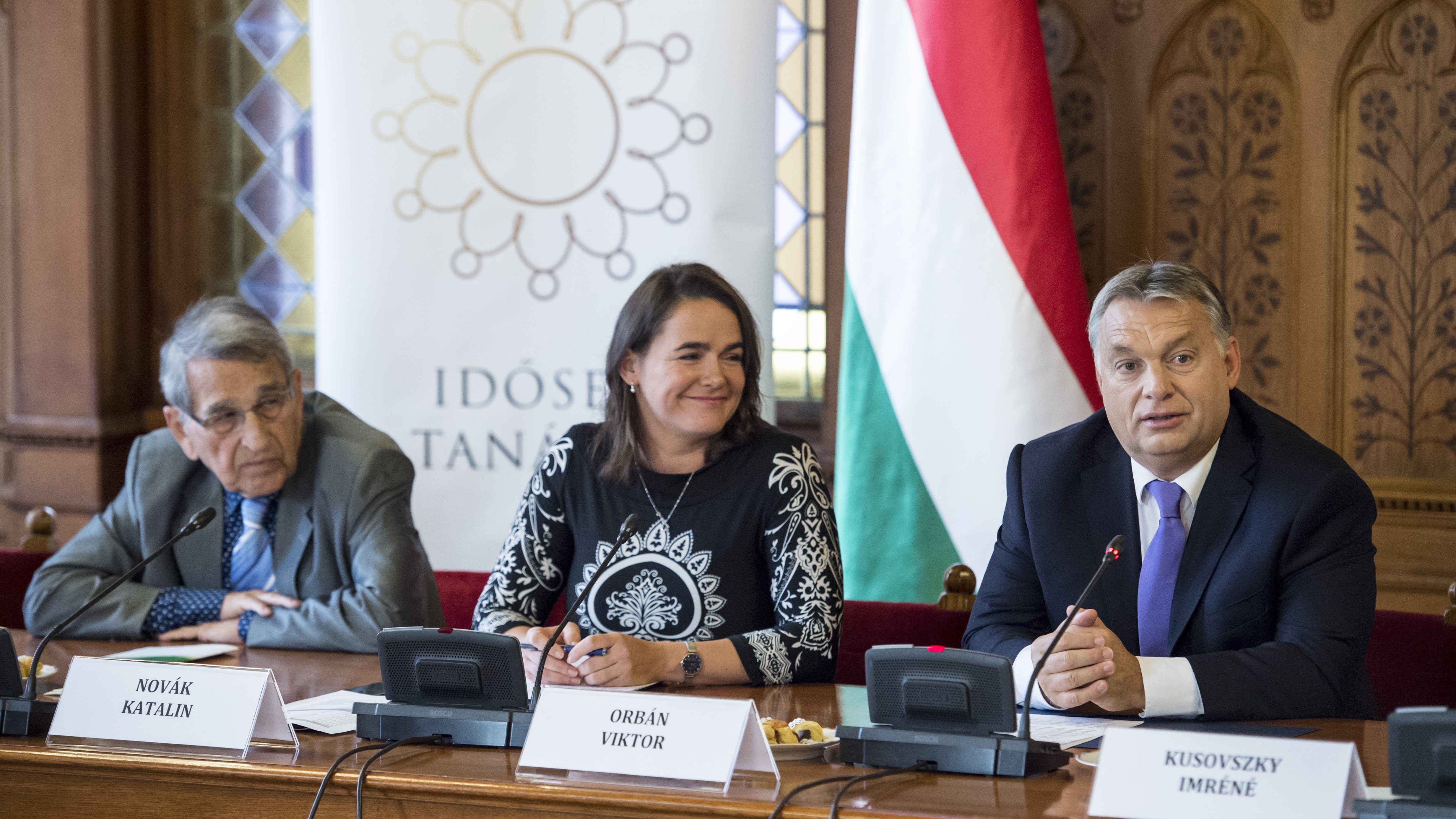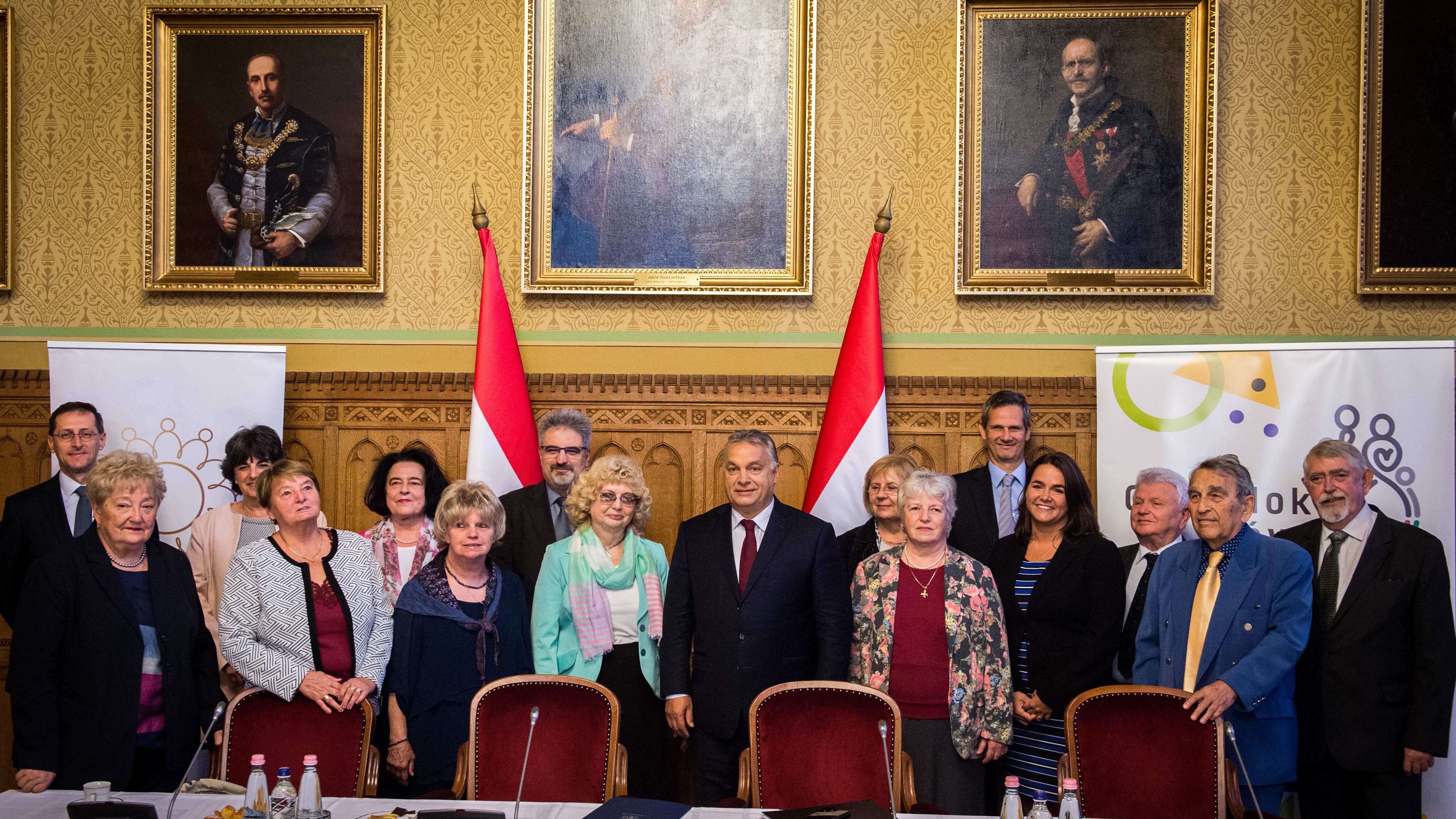
At the meeting the Prime Minister also spoke about a proposal for all pensioners to receive a ten thousand-forint “Erzsébet Voucher” this Christmas, as they did last year.
With regard to the pension supplement, Mr. Orbán said that the basis for calculating it is the planned economic growth rate of 4.1 per cent. The background to this is that if the economy performs well – with growth above 3.5 per cent – a surplus is generated for the whole country, part of which must also benefit pensioners. He explained that “if the economically active part of the country enjoys success, then so too should the economically inactive part”, because the work of the latter has contributed to the success of those who are currently in work.

Mr. Orbán also spoke about the planned rate of economic growth for 2018 being 4.3 per cent, which means that “there is a good chance that a pension supplement will also be paid out in 2018”, and so this is not expected to be a one-off occurrence. “The Government plans to permanently keep economic growth at 3–5 per cent, and eventually exceed the 5 per cent level”, he stated.
The Prime Minister recalled that in 2010 the Government had concluded an agreement with pensioners to safeguard the real value of pensions. This undertaking has been successfully fulfilled, he said – and indeed a modest increase has been realised.
Mr. Orbán noted that government debt is decreasing every year, and that pensions are not being paid through borrowing, but from the country’s economic performance.

At the meeting Katalin Novák, Minister of State for Family, Youth and International Affairs at the Ministry of Human Capacities, explained that the Government proposes that payments be made not only to those who are otherwise entitled to a pension supplement, but to everyone who is retired or receives pension-like benefits. She said that the maximum pension supplement will be 12,000 forints, and most pensioners will receive this sum. “In addition to the supplement a pension increase will also be paid, amounting to 11,000 forints on an average pension of 118,000 forints”, she added. “This means that in November the average pensioner will receive 23,000 forints more than in previous months”, Mrs. Novák stated.
In relation to the pension increase, Prime Minister Orbán noted that from January inflation is expected to be around 3 per cent, which means that pensioners can expect a similar increase in pensions next year.

